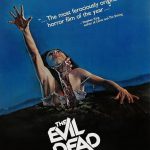Gettysburg (1993)
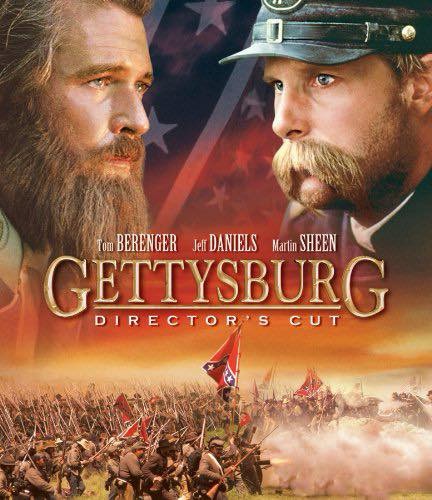
Gettysburg (1993), directed by Ronald F. Maxwell, is an epic historical war film that dramatizes the pivotal Battle of Gettysburg during the American Civil War. Based on Michael Shaara’s Pulitzer Prize-winning novel The Killer Angels, the film features a star-studded cast including Tom Berenger as General James Longstreet, Jeff Daniels as Colonel Joshua Chamberlain, and Martin Sheen as General Robert E. Lee.
Suggested videos for you:
Suggested videos for you:
Suggested videos for you:
Plot and Historical Accuracy:
The film meticulously recreates the three-day battle in July 1863, focusing on key moments such as Pickett’s Charge, the defense of Little Round Top, and the internal conflicts within both the Union and Confederate leadership. The movie is highly regarded for its historical accuracy, with significant attention paid to military tactics, uniforms, and dialogue that reflects the period.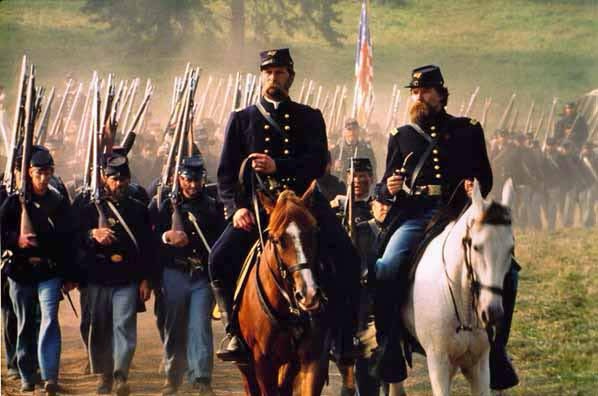
Performances:
Jeff Daniels’ portrayal of Colonel Chamberlain has been widely praised for its depth and emotional weight, especially in his role in the defense of Little Round Top. Tom Berenger also delivers a solid performance as General Longstreet, highlighting the moral struggles within the Confederate ranks as they question Lee’s strategy. Martin Sheen’s portrayal of Robert E. Lee, though dignified, has received mixed reviews, with some critics noting that it lacks the intensity one might expect from such a legendary figure.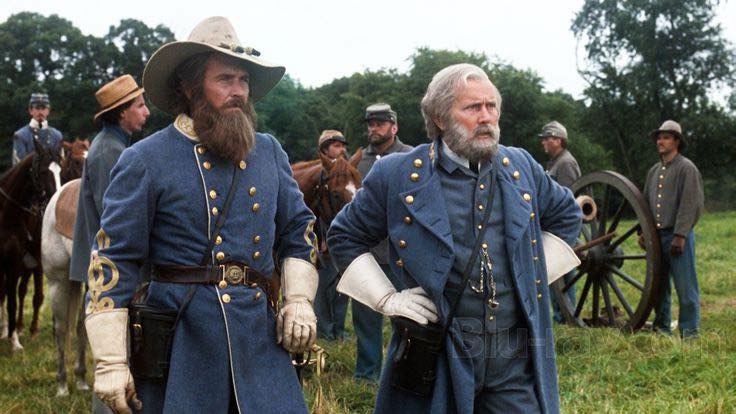
Cinematography and Scope:
The film’s grandeur is evident in its sweeping battle scenes, many of which were filmed on location at the Gettysburg National Military Park. The use of thousands of Civil War reenactors as extras adds to the film’s realism. Despite a runtime of over four hours, the pacing allows for in-depth exploration of both the military strategies and the personal dilemmas faced by soldiers and commanders alike.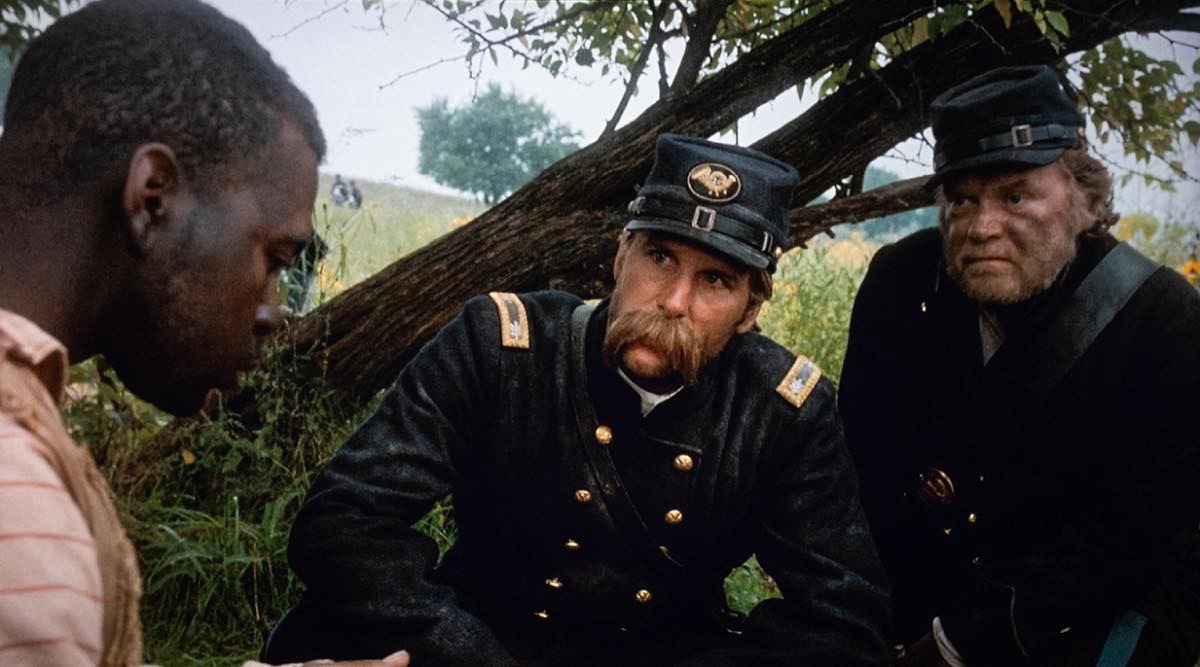
Criticism:
Some critics have pointed out that the film’s extended length and dialogue-heavy scenes can feel slow, particularly for viewers unfamiliar with the historical context. The film’s emphasis on historical accuracy sometimes comes at the cost of emotional engagement for the audience. Additionally, while the film strives to be neutral in its portrayal of both sides, some viewers have criticized its romanticized depiction of Confederate figures.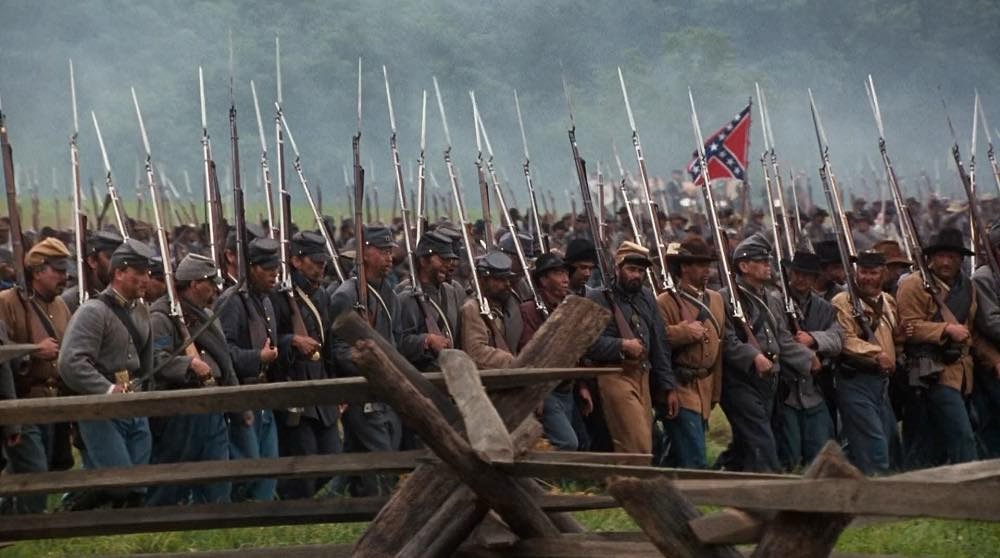
Reception:
Gettysburg received generally positive reviews upon release, especially from history enthusiasts. It holds an 80% rating on Rotten Tomatoes, with praise for its authenticity and large-scale battle scenes. However, its box office performance was modest, likely due to its lengthy runtime and niche appeal.
Overall, Gettysburg is a detailed and respectful depiction of one of the most crucial battles in American history, and is highly recommended for those with an interest in Civil War history.

